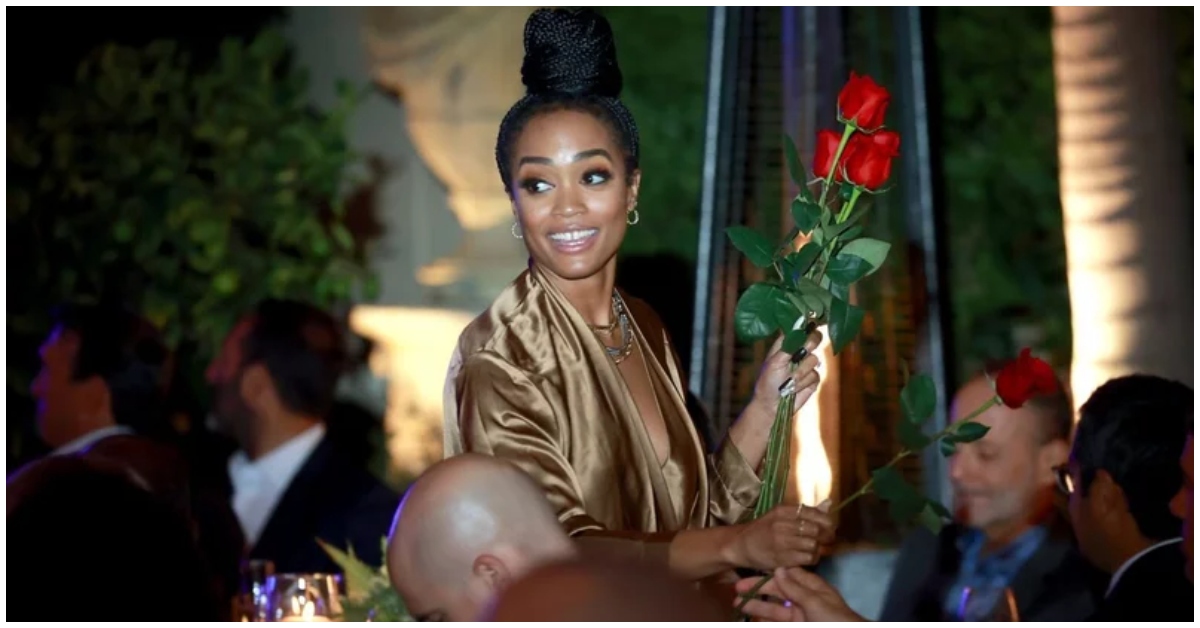In 2017, Rachel Lindsay made history on the popular reality dating show “The Bachelorette” when she was cast as the first-ever Black woman to take on the lead role.
Her groundbreaking stint as the show’s protagonist opened conversations about race and representation in the reality TV landscape.
Years of Calls for Diversity
For over a decade, ABC’s “Bachelor” franchise faced criticism over its lack of diversity, featuring predominantly white contestants. A 2012 lawsuit even alleged racial discrimination in casting.
So when rumors began swirling in 2017 that Rachel Lindsay would be the next Bachelorette, many fans eagerly awaited the formal announcement. The franchise was finally taking steps to reflect America’s diversity onscreen.
When the news broke, Lindsay said she was “ready to find love” and didn’t feel added pressure. “I’m honored to have this opportunity and to represent myself as an African-American woman,” she told Good Morning America.
Racial Issues Continue
But as Lindsay’s season aired, issues around race persisted. Many viewers noted the low number of Black male contestants, with some dismissed early on. Racial tensions also flared between contestants.
At the season’s “Men Tell All” reunion, Lee Garrett was confronted over racist comments made on the show. But critics felt the franchise failed to substantively grapple with race in Lindsay’s central love story.
Some saw Lindsay as a “strategic” choice – black enough to diversify the show, but palatable to white viewers. Despite an interracial engagement to Bryan Abasolo at the end, many felt the show quickly “moved past race” after Lindsay’s season.
An Imperfect Step Forward
Nonetheless, Rachel Lindsay’s barrier-breaking turn as The Bachelorette was significant. She brought long-overdue diversity to one of TV’s most popular franchises – even if execution fell short of expectations.
In the years since, Lindsay has become one of the show’s biggest critics, calling for more meaningful change. But her courage to take the leap first ultimatley set the stage for future leads of color.





